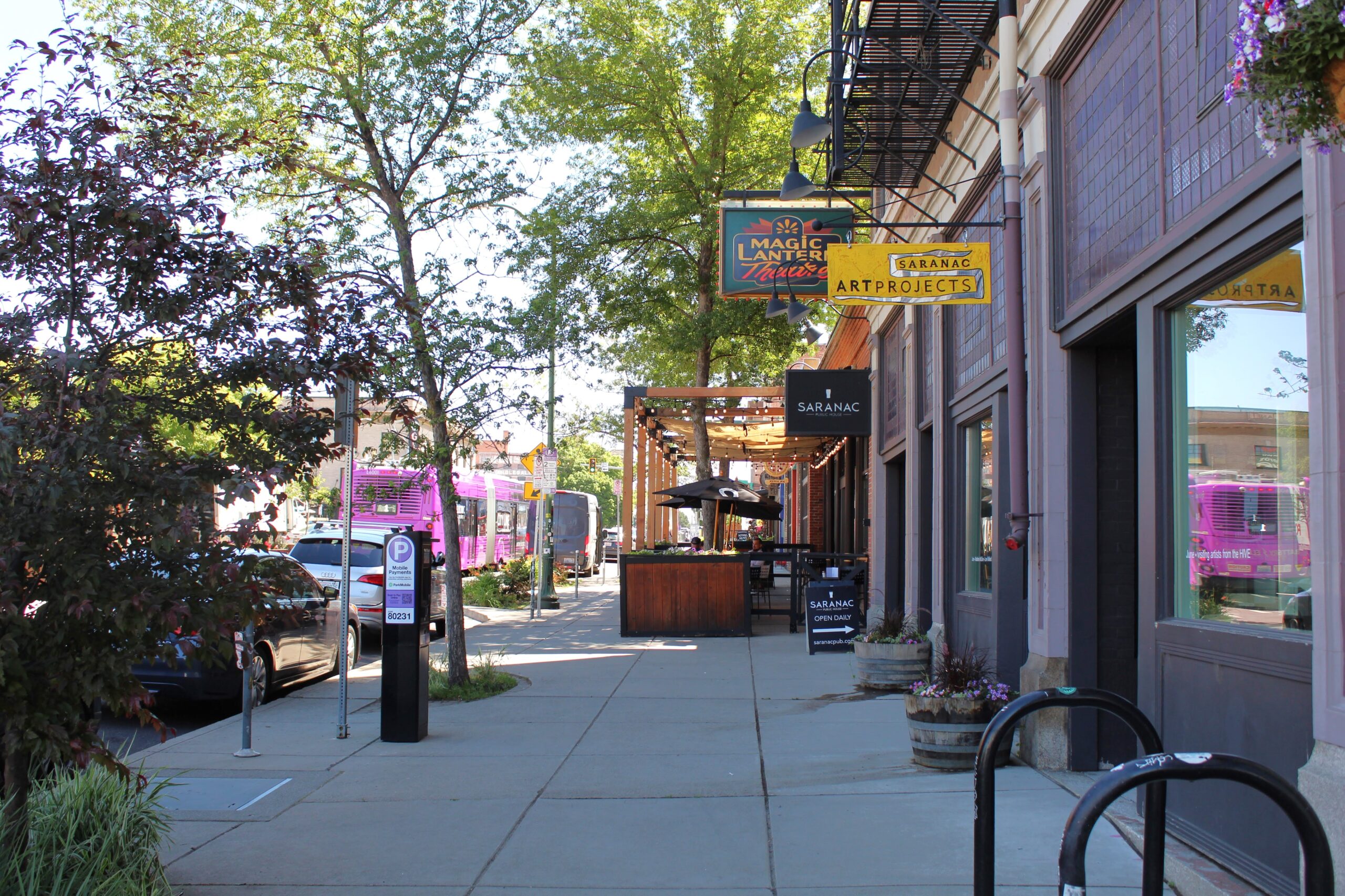Futurewise “Sees the Better City” in Spokane
On October 23rd, Chuck Wolfe, environmental attorney and author of the forthcoming book “Seeing the Better City” joined Futurewise for a walking tour of the Kendall Yards and West Central neighborhoods in Spokane – and area poised for rapid urban change as a result of the redevelopment of the former Kendall Yards brownfield (see this link for some history of the site).
The purpose of the tour was to walk the neighborhood and create an “urban diary” – a term developed by Chuck that encourages documenting what you like and dislike as an observer of urban space, and then use that information to shape policies and inform decision-makers. This excerpt from “Seeing the Better City” talks more about the purpose of observing and using the urban diary tool:
We all have within us the capacity to assess and communicate what we like and dislike about our surroundings, to respond with delight, sadness, fear, or anger, and to discover how best to improve the world around us. In particular, what—and how—we see defines the structure and context of our daily lives. As city dwellers, what we sense elicits emotional and intellectual responses about where we live or the places we visit that leave us wanting more after we return home. When crafting policy and regulations, and when making related political decisions, we need to do a better job of finding a role for our human experience.
Click here to see the “tip sheet” that the group used to inform their observations.
As the group approached Bridge Street – the dividing line between the newly developed area of Kendall Yards and the existing West Central neighborhood – the group had a deep dialogue about the distinct separation between the two communities despite them sharing two sides of the same street. An article about this very issue was featured in the Spokane weekly paper, The Inlander, and found here. The group agreed that a better job could be done getting both sides of the street to “communicate” better – and potentially build better bonds between existing residents and newcomers.
While exploring the heart of the West Central neighborhood, the group observed how the newly redeveloped Batch Bakery commercial space was ill-served by existing land-use regulations that do not accommodate urban in-fill projects. For example, the existing commercial building – rehabilitated for the bakery – was required to build two off-street parking pads, a vegetated swale, and an off-street accessible parking space. While accommodating parking, accessibility and stormwater management are all laudable goals, the problem is how the existing regulations do not allow for flexibility or accommodation for in-fill developments that would be more suitable for the neighborhood and less costly for the owners. These are types of insights that we hope will inspire the coming update to Spokane’s urban in-fill policies.

